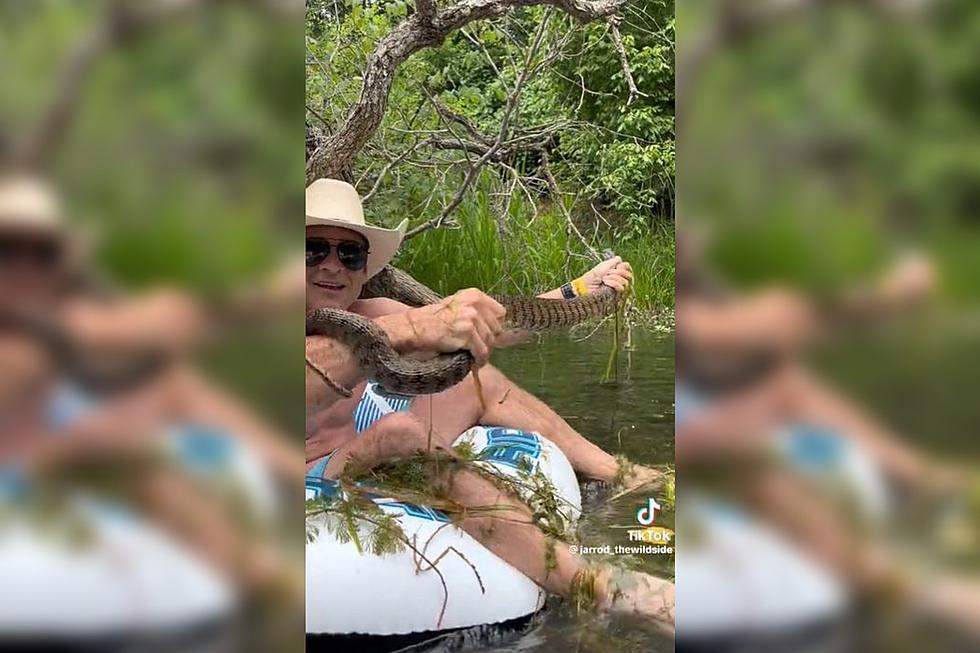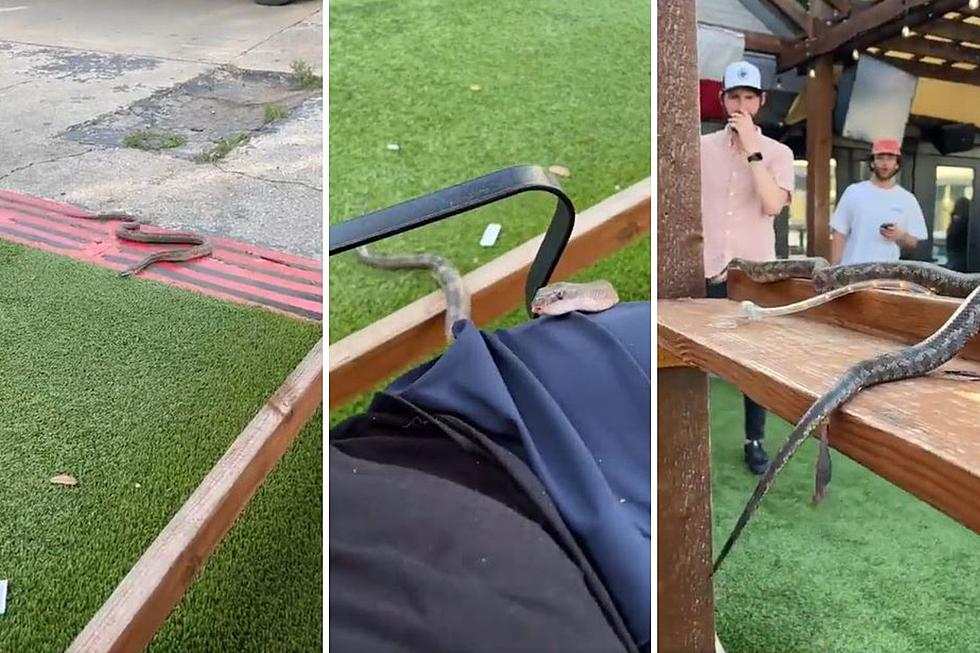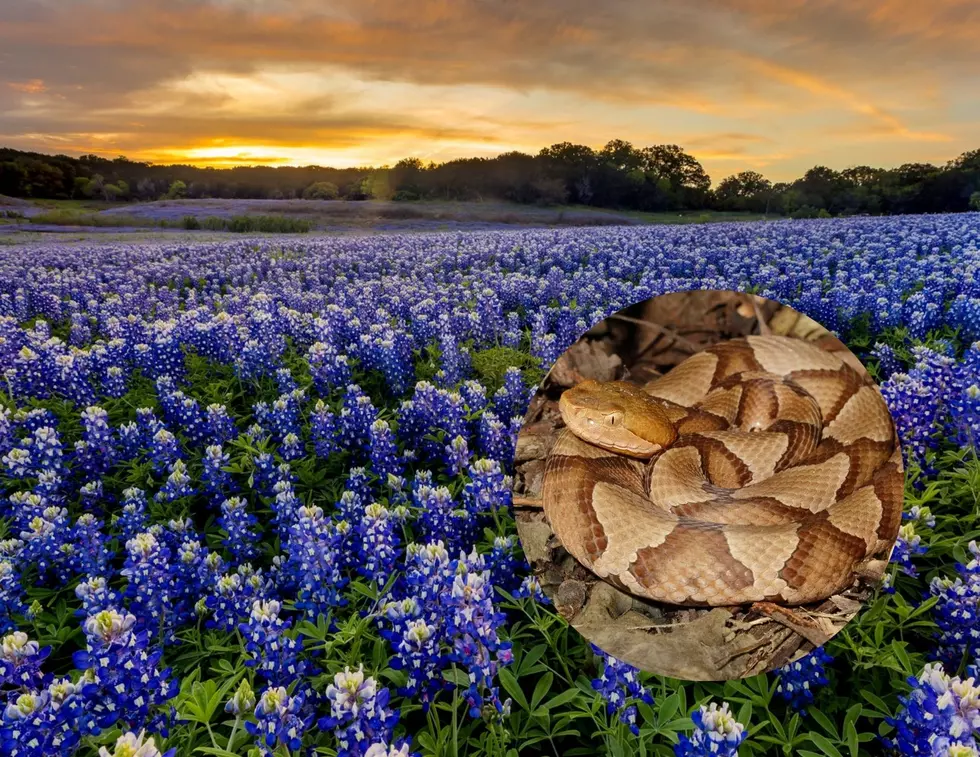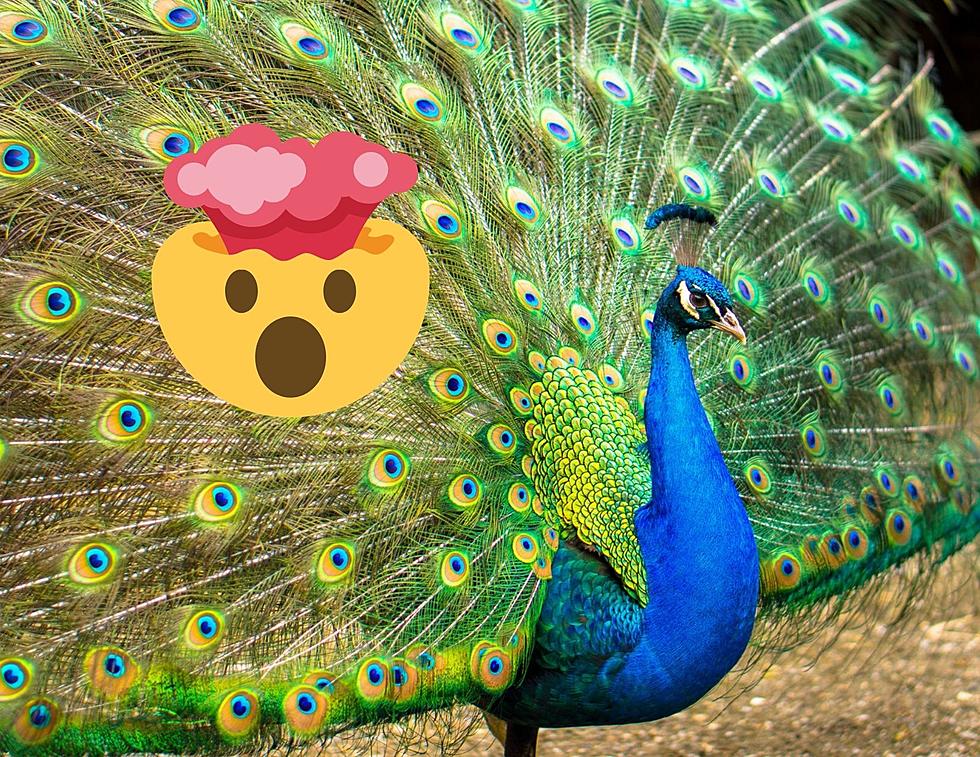
Texas Residents Have Been Encountering Toxic Snakes At Home
Over the past couple of weeks, several Texas residents have been encountering venomous snakes in their own homes.
Earlier this week, one North Texas woman received quite a scare, when she found a snake slithering around her shoes in her closet. When Usha Venkataraman saw the snake hiding in one of her shoes, she immediately called Southlake Animal Control to apprehend the snake.
When officials arrived at the scene, they determined that a baby cottonmouth snake was hiding in her shoe, and used snake tongs to remove it from her property. Fortunately, nobody was bitten, and the authorities were able to successfully apprehend the snake without any issues. Animal control officials took the snake to Bob Jones Park and released it out into the wild.

Last week, another North Texas resident was bitten by a copperhead snake. Mark Holton, of Midlothian, found the snake wrapped around some wrenches inside his tool drawer. Upon opening the drawer, he was bitten by the copperhead snake. Fortunately, he received what experts call a “dry bite”, which means that the snake didn’t inject any venom into him.
Just a couple of weeks ago, Jason Gamble of Decatur, found a rattlesnake on his couch. He was at home watching the Mavericks game on TV. He then got up and went to the kitchen to grab a couple of slices of pizza. When he returned to the TV, he found a rattlesnake curled up on the couch. Fortunately, he wasn’t injured and proceeded to shoot the snake, before disposing of its body. You can read more about that encounter by clicking here.
According to Texas Parks & Wildlife, there are 15 potential snake species or subspecies in the state. Rattlesnakes, coral snakes, cottonmouths, and copperheads are the four most common poisonous snakes in Texas. As the state’s population continues to grow, more homes are being built in undeveloped areas. This results in more encounters with snakes in people’s homes.
If you’re bitten by one of these snakes, the CDC recommends that you remain calm and seek medical treatment immediately. The agency states on its website that “the sooner antivenom can be started, the sooner irreversible damage from the venom can be stopped.” If possible, try to take a picture of the snake from a distance, which will help medical professionals treat the snake bite.
WATCH OUT: These are the deadliest animals in the world
LOOK: Here are the pets banned in each state
More From Newstalk 1290









